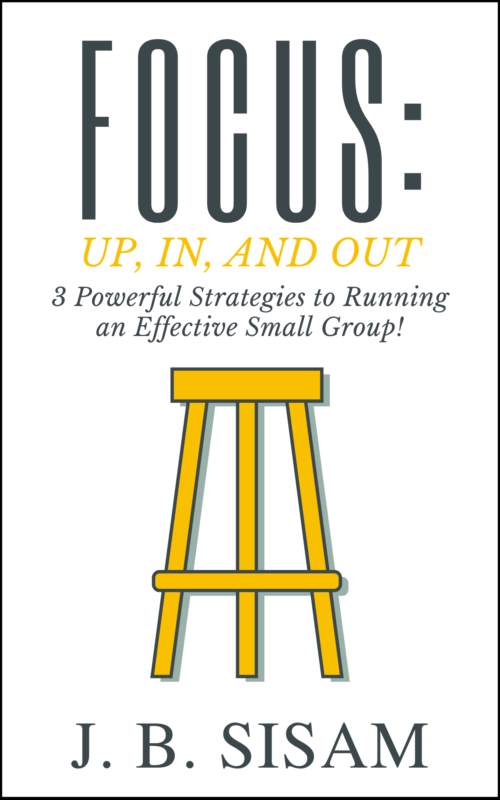Every writer I know desires to write that next Great American book. They talk about it with their friends, their family encourages them, and yet years go by and they’ve barely touched the book. Why? They have not established good writing goals.
I’ve mentioned on this blog before, writing is hard work. But setting goals will make your writing Adventure that much better.
For years, I floundered with my writing. I would dabble with a story, try a new angle, or give up and start something new all the time. My digital file drawer is filled with novels, teaching books, and ideas that will never see the light of day.
In today’s episode, I want to give you five things that I do to keep the dream alive and write more.
1. Set a specific goal.
Last week, I talked about setting specific and time-sensitive goals. Our goal should stretch us, motivate us, and challenges to tap into a deeper sense of accomplishment. Without specific goals, you will never write your book.
Close Your Eyes For a Moment, what do you see? If you see a published book in your hand then you know that you should write your book. Now, the question you must ask yourself when do you want to see your book published?
Answer that question, and you’ll be well on your way to fulfilling your dream.
2. Set a finished deadline.
Now that you know you want to write your book, your next step is to set a deadline. Every piece that I’ve written for an online magazine or a newspaper, the editor has always given me a deadline to give them my writing.
Without hard fast deadlines, we often wonder why we try for another year and never write our book. Open up your calendar, find a date in the future, Circle that date, then write down… finished book.
3. Set a daily writing goal.
It’s one thing to set a future finish date, it’s another to set a daily goal. Without a doubt setting a daily writing goal will motivate you to push forward.
Good example, if you want to read the entire Bible in one year, it takes 15 minutes of reading a day. The same is true for writing. If you want a full-length novel at 91,000 words, you have to write 250 words a day.
If you want that in 6 months, you write 500 Words a day. Whatever your daily word count goal is, write it down and stick to it. When I wrote my newest manuscript, I wrote 81,000 words in 45 days.
My daily writing goal, write 1800 words a day. I did just that, and I wrote my book in just over a month and a half.
4. Schedule writing into your day.
It’s one thing to have a daily writing goal, but if you don’t schedule into your day it’s never going to happen. Just like a good exercise routine, if you don’t set aside the time every day to do that one thing, at the end of the year, you’ll realize you failed to meet your expectations.
I use a paper day planner, I schedule out each of my days, and I do my best to accomplish each item on my to-do list. Set a specific time of the day you want to write, use that time, and write.
Before you know it, you’ll be racing towards your goals deadline for finishing your manuscript.
5. Turn off all distractions when you sit down to write.
It is so easy to get bogged down by Facebook, Twitter, things to do around the house, or checking that email the five billionth time that day. Whatever it is, we are so easily distracted.
This is why, when I write, I put my phone on airplane mode or do not disturb, I turn off all internet on my computer, and I write. If I really want even fewer distractions, I put my computer away and I pull out a yellow legal pad and a pencil. No distractions to suck my time.
If you stick to a regimented writing goal, you will accomplish your dream, and you will see your book finished.
Assignment.
I normally don’t give assignments, but I felt this one needed some homework.
- Close your eyes, and dream about your book.
- Once you visualize your book, grab your calendar.
- Write down a date in the future of when you want your first draft finished.
- Back up to today’s date, and begin scheduling a time every day, until your writing goal, to write.
- When you’ve met your writing goal, celebrate, reward yourself, then set your next writing goal and begin working on your next book.
- Don’t forget to edit your finished manuscript.


 Jason (J.B.) Sisam. Best-selling Amazon author of the Christian Early Reader book,
Jason (J.B.) Sisam. Best-selling Amazon author of the Christian Early Reader book, 







LEAVE A COMMENT HERE:
Please note: I reserve the right to delete comments that are offensive or off-topic. Also, this is a clean website, use of any language is not tolerated and your post will be deleted.